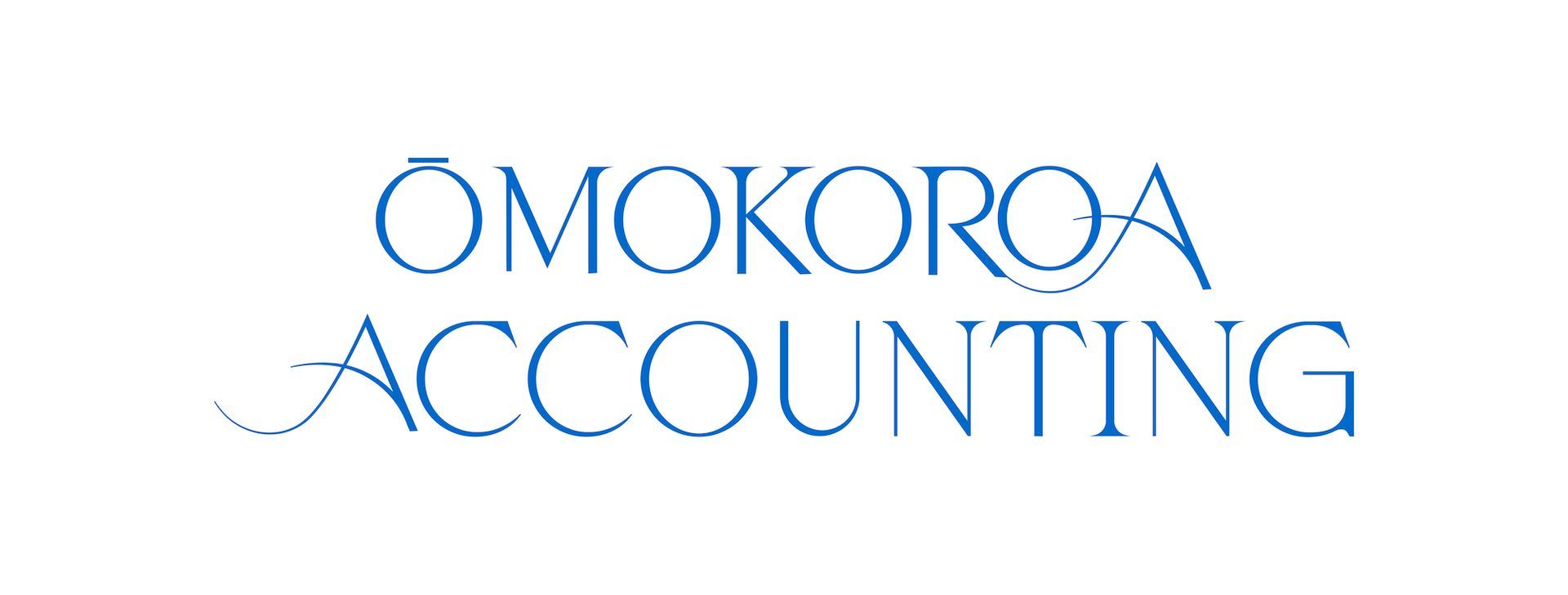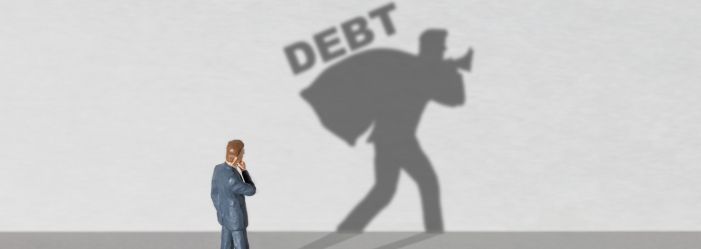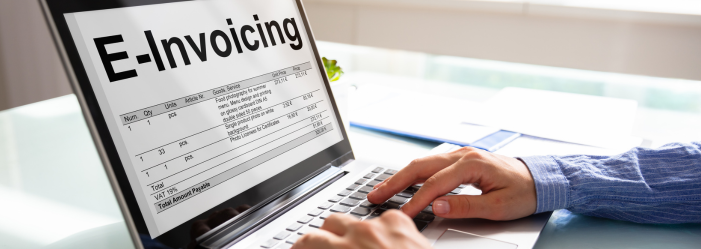Navigating Tax and Business: Common Questions Answered
We frequently encounter tax and accounting queries posed by small business owners, sole traders, and budding entrepreneurs. In this article, we’ll delve into some of the recent questions we've had from business owners, to offer insight for others who might be navigating similar situations.
Below are some actual scenarios discussed with business owners.
1. Tax and IRD
“I’m currently in my third year of business and struggling to understand why IRD do things the way they do. In the first year, I took drawings as my only source of income. I will be paying terminal tax on those drawings this year. In year two, I switched over to PAYE, so I have been paying taxes as I go. Throughout the year, I have been receiving notifications from MyIR to say that I have provisional-tax due based on my first year drawings. IRD know that I am now using PAYE as they see my monthly payments linked to my IRD number. My accountant tells me it will all be sorted, once we file the upcoming tax return. Why can’t they adjust their system so once they see someone is on PAYE they remove the provisional tax due?”
Our answer: You should be paying tax on the amount of profit you make, not the amount of drawings you have taken out of the business. These figures will only be the same if you always work out your profit before you take any funds and even then they probably won’t be the same.
When you file your second-year tax return, if you have been paying yourself wages, then there shouldn’t be much, if any, tax to pay (again, this depends on your profit). So, if the provisional tax calculation was overestimated, you shouldn’t have to pay any.
IRD’s system is just software. It automatically produces reminders and letters based on the information it holds. It would pay to get your tax return filed as soon as possible. Until you start filing an individual tax return, IRD doesn’t know what your earnings are each year.
2. Paying tax as a business and employee
“I’m a full-time employee and planning to start a small sole-trader side hustle. Would I be charged a higher income tax on my full income (i.e., employment + business income) at a 33% tax rate, or do I pay tax on my sole-trade income separately?”
Our answer: Your total income is added together to determine your tax bracket, but as you will have already paid tax on your wages via PAYE it will just be the sole-trader additional income that will be taxed when you file your tax return. The different types of income are recorded differently in mYIR (Inland Revenue), but it is all added together for the tax calculation. You will need to let the IRD know you’re earning a self-employed income.
For example, if your gross wages equals $48K and your self-employed income equals another $20K, you will only pay tax on the $20K, but you will be taxed at 30% because your gross income has moved up into the 30% tax bracket.
3. Paying tax on profit
“I run a small business, sole-trader, I am not GST registered. I spent a lot of money getting it started, and a lot of money on ongoing costs. So, while I make a profit on each item I sell, my expenses still outweigh my sales. I often spend my personal money on things for the business (because it’s not generating a steady income yet, but I still need to purchase inventory), does that count as funds introduced and does that count as business income? If my business has not made a profit by the end of the tax year, do I still need to pay any tax?”
Our answer: In answer to the first question, no you do not need to pay tax if your business does not make a profit. Tax is only paid on profits made. Secondly, ‘funds introduced’ is the correct term to use, and no, funds introduced is not considered income. You are just loaning the business money that you will take back out again at some point in drawings. Think of these entries as a loan to the business.
4. Don’t get caught out at tax time.
“I’ve just started a business. Should I be keeping funds aside for tax?”
Our answer: Yes. Make sure you set aside money regularly for tax in a separate bank account. Roughly 20% to start with to cover your tax bill. You should also consider hiring an accountant because our knowledge can often save you time and money and ensure you always file your tax return on time to avoid late penalties.
5. Selling a Vehicle
“Just a question regarding the tax ramifications when selling a vehicle. The car was brought into the business three years ago at $17k. Current book value is $10k. Market value around $15k. If we sell it at market value there will obviously be tax to pay. Can we sell it to a shareholder for $1 and consider it a loss?”
Our answer: Absolutely not. You have to sell it at market value. You should pay tax on the lower of the profit or the depreciation claimed. So, in this example, you will pay tax on the $5K.
6. New to business
“I’m new to business and don’t have an accountant. I’ve trialed some self-accounting apps like Hnry, Xero and MYOB. I’m still unsure which one to use. How do you file taxes? Also, do you claim back 100% of your business purchases or just the tax paid?”
Our answer: Our advice would be to talk to an accountant or tax agent.
If you’re new to running a business or have questions about starting a business, cash flow, tax or GST, get in touch with the team today. We can help!



